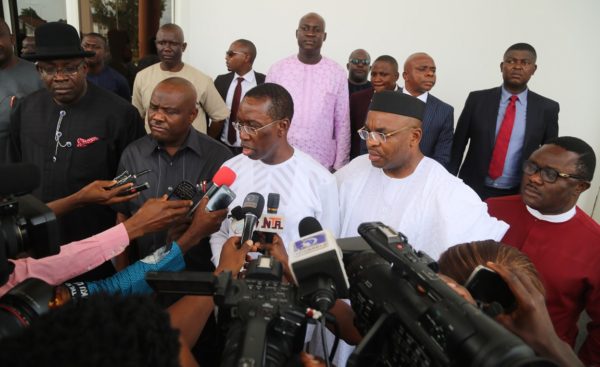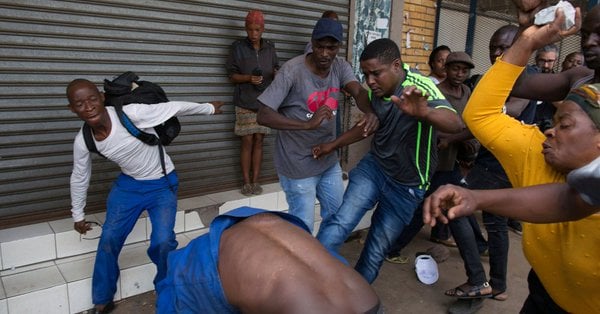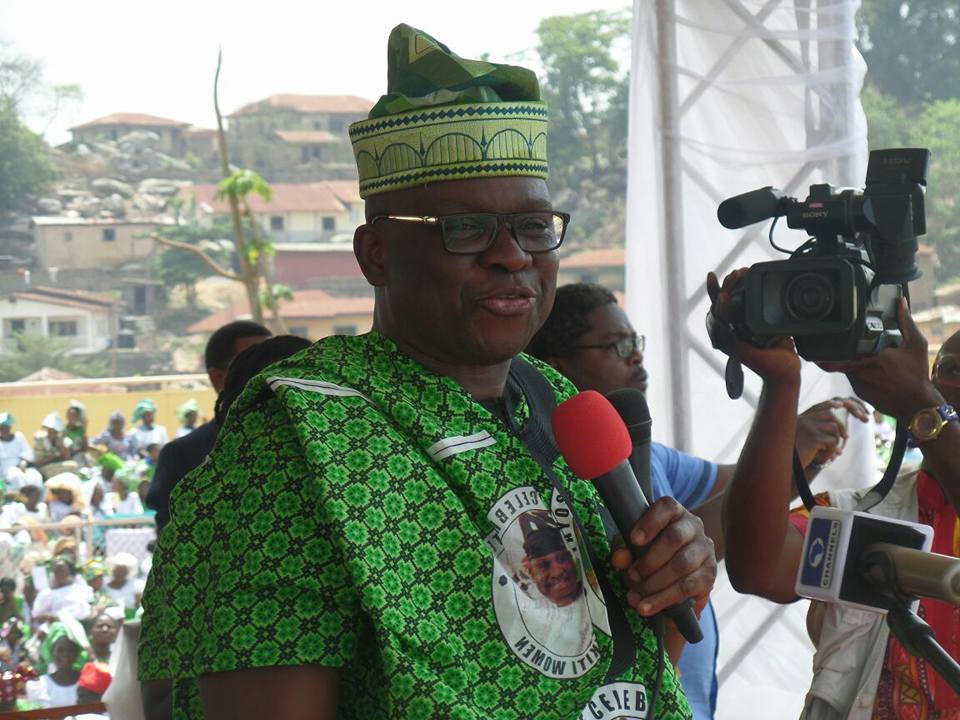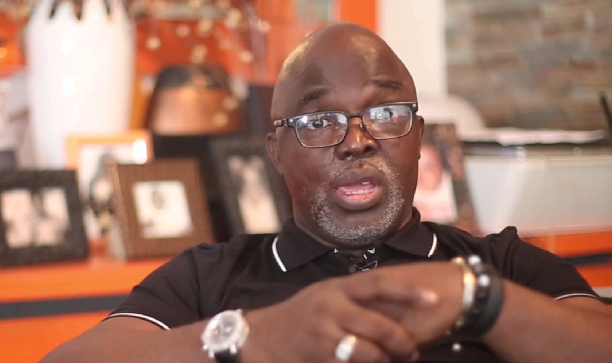BOB MAJIRIOGHENE ETEMIKU
Excellent news frittering in from the partisan side of town suggests that the BRACED Commission may soon be resuscitated. I read a Vanguard report on March 7, 2017, Finally, South-South governors bow to pressure, resume meeting soon that the governors of Bayelsa, Rivers, Akwa-Ibom, Cross-Rivers Edo and Delta states are planning to sink their partisan differences for the actual development of the Niger Delta.
At conception, the BRACED Commission held a vision of transforming our region from the backwaters of national irrelevance to a Dubai of sorts. If you consider the kind of monies which the region contributes to the national purse, and with what it gets in return, nothing should be in the way of the Niger Delta providing 24-hour electricity to the whole of ECOWAS. The visionaries of the BRACED wanted a Niger Delta which could use oil wealth to transform the region to an innovative hub of business enterprise to create wealth.
But alas, the idea became stillbirth. Partisan interests set in. Today, even though there is a plethora of development Commissions – the NDDC, the Ministry of the Niger Delta, DESOPADEC, there is little to show in terms of actual development. Poverty is rife in the region despite the existence of these institutions. And perhaps to underscore the need for key personalities in the region to sink their differences and unite, the Rev David Ugolor, ANEEJ executive director has said that the problems of the region are foisted on the region by the elite.
Advertisement
To put the issues in the Niger Delta in perspective, I would like us to examine another economic and political bloc akin to the Niger Delta – the European Union. The EU has about 28 countries and has seven different official languages. About 72% are Christians, 23% are irreligious, only 2% are Muslim while other faiths account for 3% of the EU. The EU has an internal single market where there is free movement of people, goods and services. The EU in 2016 generated a GDP of $16.477 trillion resulting in a global nominal GDP of 22.2%. Three-quarters of the 28 countries that make up the EU have a very high human development index, and that perhaps was why the EU won the Nobel Peace Prize in 2012.
Despite all this however, there are two questions which the EU seeks to resolve today. One is the question of how the EU will successfully and cost-effectively align their energy systems with the objectives of the Paris Climate Agreement and the UN Development Agenda 2030. Recall that the most important aspect of the Paris Deal was the resolve of the Conference of Parties, COP, to reduce reliance on oil, and promote clean energy sources like wind, solar, biomass hydro energy sources. The other thing which bothers the EU like crazy apart from BREXIT is the blueprint which must be in place to help EU companies to make the necessary investments in energy efficiency and renewable energy and therefore reduce the risk of stranded investments.
To resolve these two questions, a big meeting involving the EU began 20th March 2017. Known as the Berlin Energy Transition Dialogue 2017, the meeting will coincide with the German G20 presidency. A great expectation from this is that it would provide the motivation for the German government’s energy policy and help with the German and EU quest for modern investments, international cooperation and energy transition.
Advertisement
What is of interest to this writer is the array of experts from all over the EU coming together to chart a transition from fossil fuels to renewable energy sources. According to a press release from the German Foreign Office, the conference brings, the Federal Minister of Foreign Affairs, Sigmar Gabriel, Federal Minister of Economics and Energy, Brigitte Zypries, Federal Minister for the Environment, Nature Conservation, Construction and Reactor Safety, Barbara Hendricks, The Executive Director of the International Energy Agency (IEA), Fatih Birol, The Director General of the International Renewable Energy Agency (IRENA), Adnan Amin, The Secretary General of the Climate Secretariat (UNFCCC), Patricia Espinosa, The Chairman of the Chinese Energy Ministry, Nur Bekri, ministers of other states and investors of international investment companies.
This powerful economic and political block has put aside its political and economic interests to chart the energy direction of the future. They are doing this because they know that our bargaining chip, oil, will be obsolete in 20 years or so. They are holding crucial meetings and consulting with their best minds. They are coming together to make the kind of decisions that would shape the future. They are formulating policies and making investments that would realign international alliances according to the Paris Treaty.
But we – where are we? We are still stuck one way or the other to our primordial interests. We still pussyfoot and ignore the bigger picture. If we will not be left too far behind to become the pawns upon which the chess games of the future will be played, the BRACED governors must resume deliberations on a new path without oil and do so now.
Etemiku is communications manager, ANEEJ. He tweets @bobaneej.
Advertisement
Views expressed by contributors are strictly personal and not of TheCable.
Add a comment






